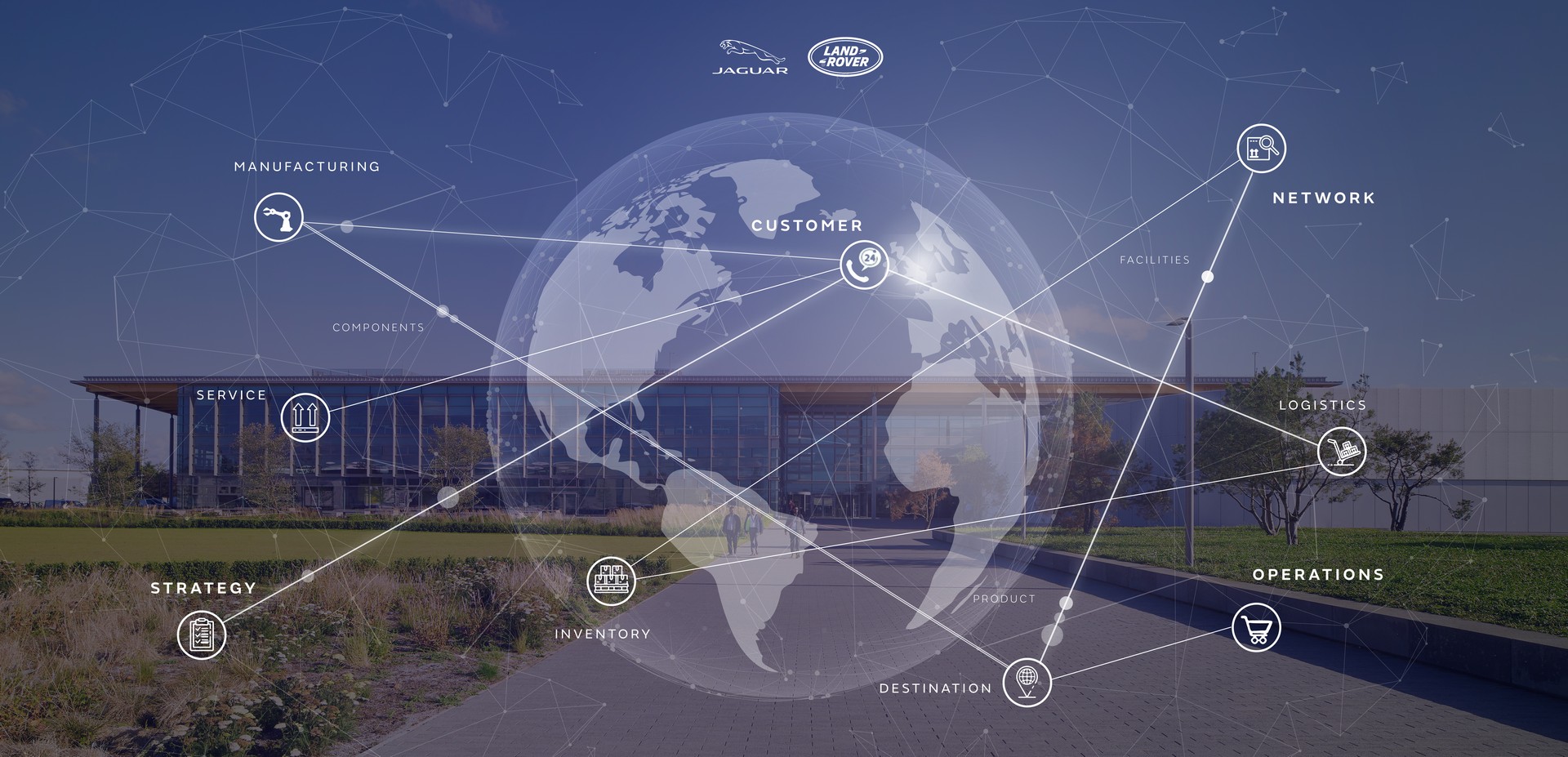Jaguar Land Rover is asking for its global supply network to commit to sustainability targets to reduce greenhouse gas emissions by 2030 and help the automaker reach carbon net zero emissions across its supply chain, products, and operations by 2039.
The car manufacturer will ask its Tier 1 suppliers to set their own decarbonization pathway and require them to report transparently and demonstrate progress towards their targets. They will need to disclose their carbon reporting and collaborate with their own supply chains to deliver the same reductions.
Jaguar Land Rover has informed its entire supply network of these requirements, consisting of more than 5,000 companies around the world.
Read Also: Jaguar Land Rover Begins Converting Halewood Factory To Build EVs
“Fulfilling our Science Based Targets initiative (SBTi) commitments and achieving carbon net zero emissions across our entire supply chain by 2039 are the driving forces in Jaguar Land Rover’s industrial strategy,” executive director of industrial operations at Jaguar Land Rover, Barbara Bergmeier, said. “We can only meet these ambitious targets together, which is why we’re inviting suppliers to join us on this challenging but exciting journey, strengthening existing relationships to enable all parties to achieve significant, quantifiable goals.”
Jaguar Land Rover’s commitment to achieving net zero carbon emissions by 2039 forms part of its Reimagine strategy that will include the electrification of the Land Rover and Jaguar brands. Changes made to the Jaguar brand will be particularly significant as it will morph into an all-electric brand aiming to rival Bentley.
“Our vision is pioneering, premium lighting and electronic systems for all mobility concepts in the global automotive industry,” added Wilhelm Steger, the CEO of ZKW Group which supplies premium lighting systems to Jaguar Land Rover. “Together with Jaguar Land Rover, ZKW is taking the journey towards a more sustainable future. We are committed to protecting the environment and reducing environmental impact. As a consequence, we are taking responsibility, we are developing towards the Science Based Target Initiative (SBTi) within our business and converting our production sites to CO2-neutral by the end of 2025.”





